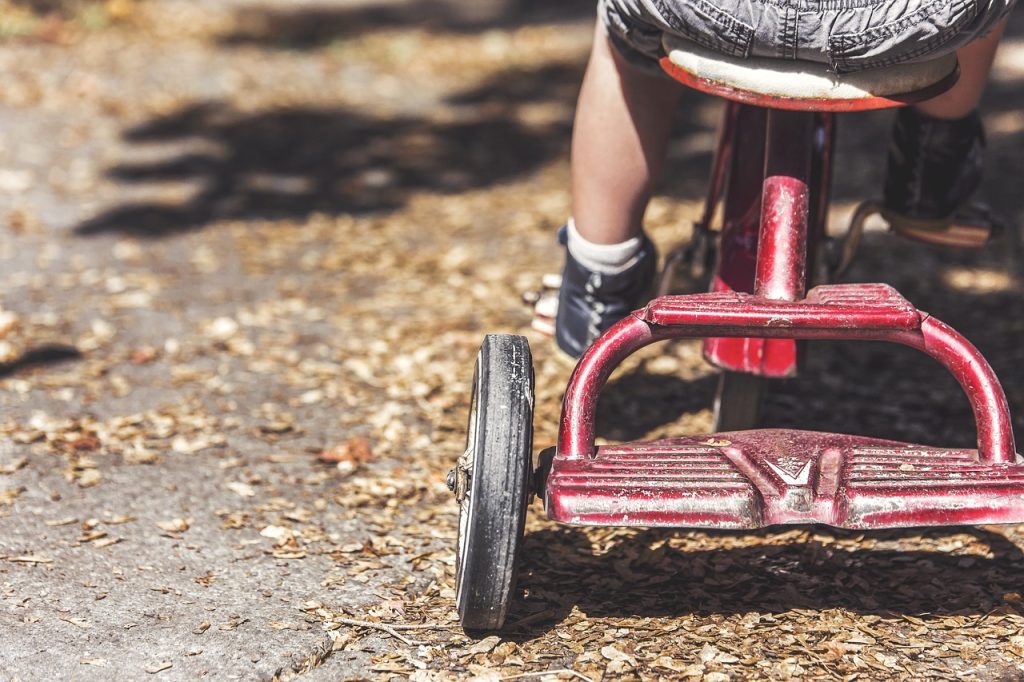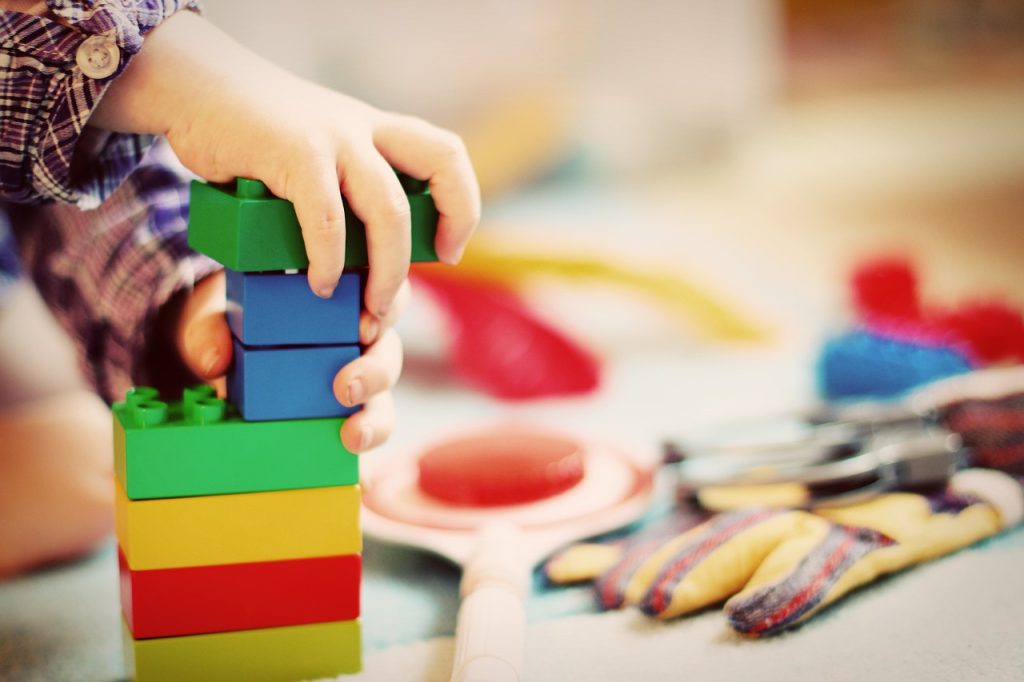Table of Contents
In a world that often feels overscheduled and goal-oriented, it’s easy to overlook the importance of letting children simply play. Unstructured play – the kind that isn’t led by adults or guided by rules – plays a crucial role in a child’s development. Whether it’s building forts, inventing games, or simply running around the garden, this type of play offers a wide range of physical, emotional and cognitive benefits.
Encourages Creativity and Imagination
This private girl’s school suggests that when children engage in unstructured play, they’re free to explore their ideas without boundaries. This freedom stimulates their creativity, as they invent storylines, characters and rules entirely from their own imaginations. Whether they’re pretending to be astronauts, chefs or wild animals, they’re developing problem-solving skills and learning how to think outside the box. Unlike structured activities, there’s no “right way” to play – allowing children to take the lead fosters innovation and flexible thinking.

Builds Social and Emotional Skills
Unstructured play often involves interaction with others – siblings, friends, or even new acquaintances at the park. Through these spontaneous interactions, children learn vital social skills such as cooperation, negotiation, sharing and empathy. Disagreements may arise, but navigating these challenges helps build resilience and emotional intelligence. It also gives children the chance to express themselves freely, which contributes to their overall sense of wellbeing.
Additionally, these social moments provide a foundation for building long-term communication skills. When children play without adult direction, they must find their own ways to resolve conflict, set rules and express their feelings. These are essential skills not just for school life, but for future relationships and workplaces as well.
Supports Physical Development
Running, climbing, jumping and balancing – all staples of unstructured play – contribute to a child’s physical development. These activities strengthen muscles, improve coordination and support the development of motor skills. Unstructured outdoor play also encourages children to stay active, which is particularly important in today’s screen-dominated world. Children who engage in regular physical activity are more likely to maintain healthy habits as they grow.
Fosters Independence and Confidence
One of the greatest benefits of unstructured play is the opportunity it gives children to make their own decisions. Without adults stepping in to guide or correct them, children learn to take initiative, solve problems and make choices independently. This can significantly boost their self-confidence and sense of autonomy. Over time, these experiences help children develop a strong sense of self and belief in their own abilities.
Even small moments of decision-making during play – choosing a game, deciding who goes first, or creating rules – contribute to a child’s growing confidence and problem-solving toolkit.

Provides a Break from Pressures
With school, homework, and extracurricular activities, many children face a level of pressure that can lead to stress or anxiety. Unstructured play offers a much-needed break – a chance to unwind, relax and simply enjoy being a child. Free play time allows the brain to rest and reset, which can lead to improved focus, better behaviour and increased motivation in more structured settings.
Parents might worry that free time is “wasted” time, but it’s actually a crucial part of learning and development. Allowing children the freedom to simply be fosters joy and inner balance, which positively affects their academic performance and relationships too.
While structured learning and activities certainly have their place, unstructured play is equally important. It supports holistic development, encourages curiosity, and nurtures essential life skills. As parents, carers and educators, giving children the time and space to play freely isn’t just beneficial – it’s vital for their growth and happiness.

